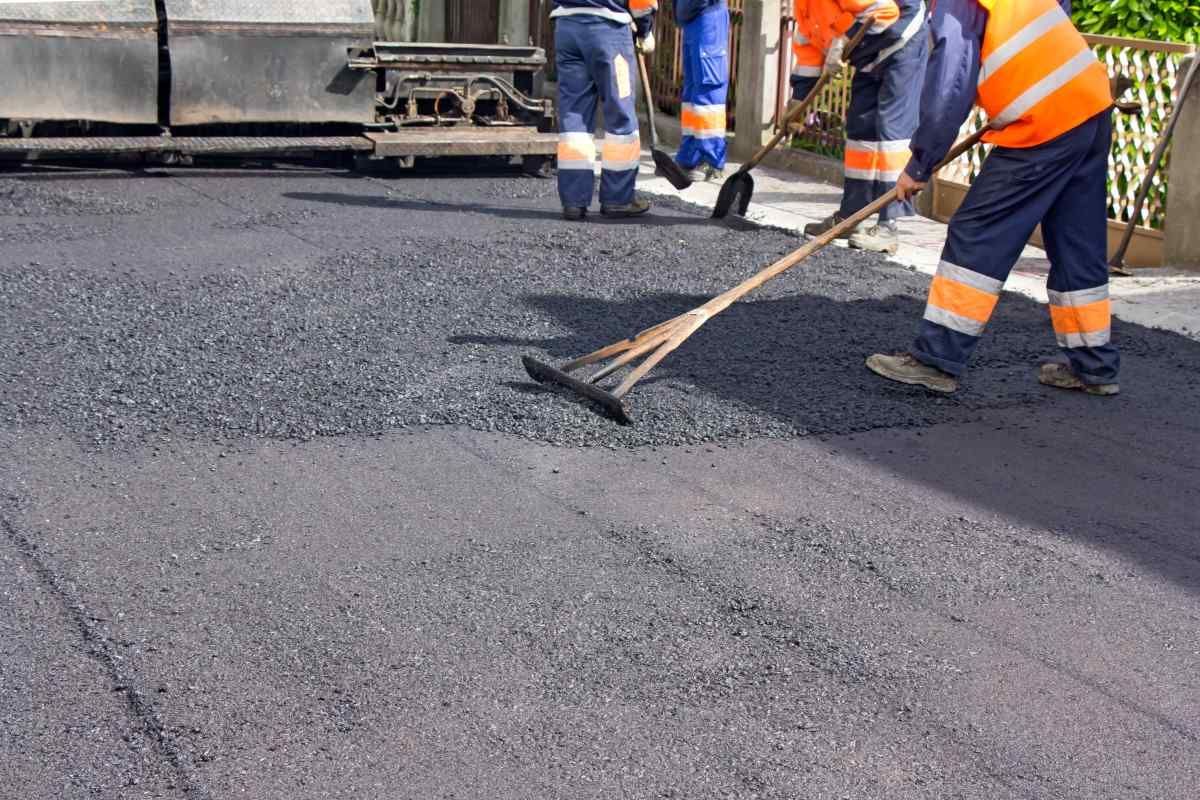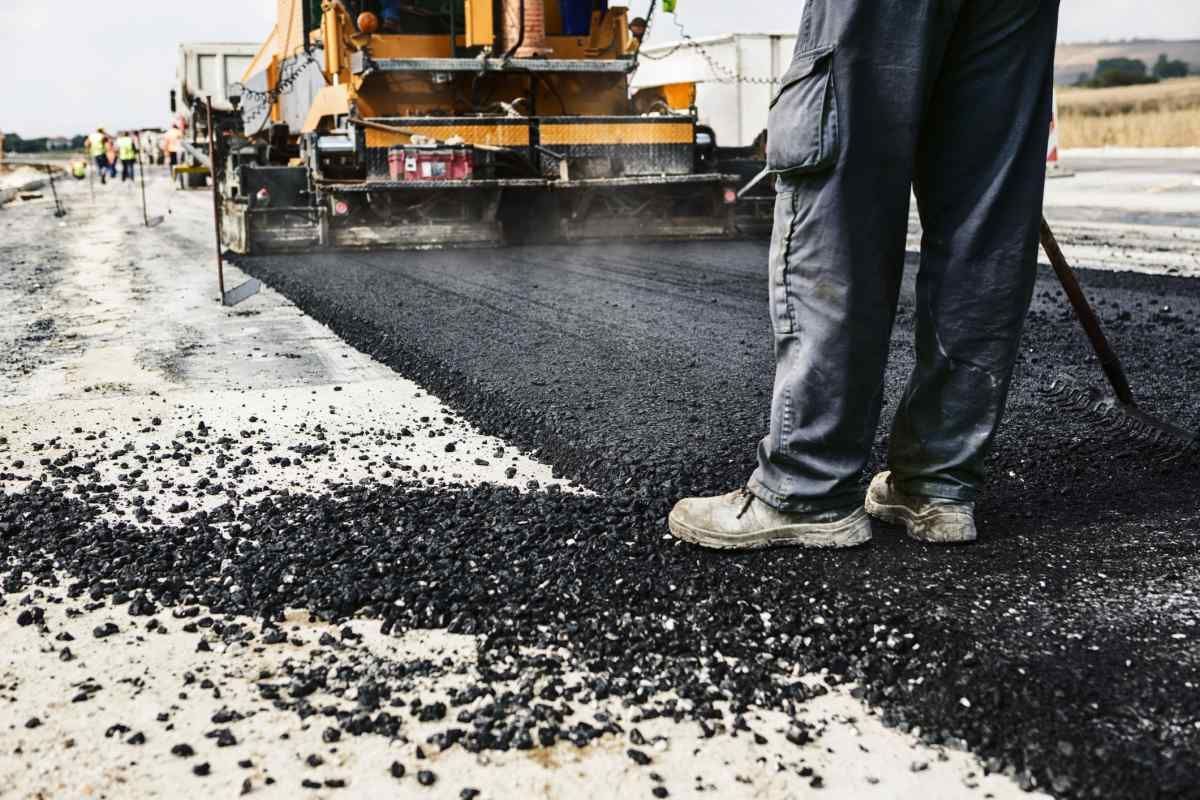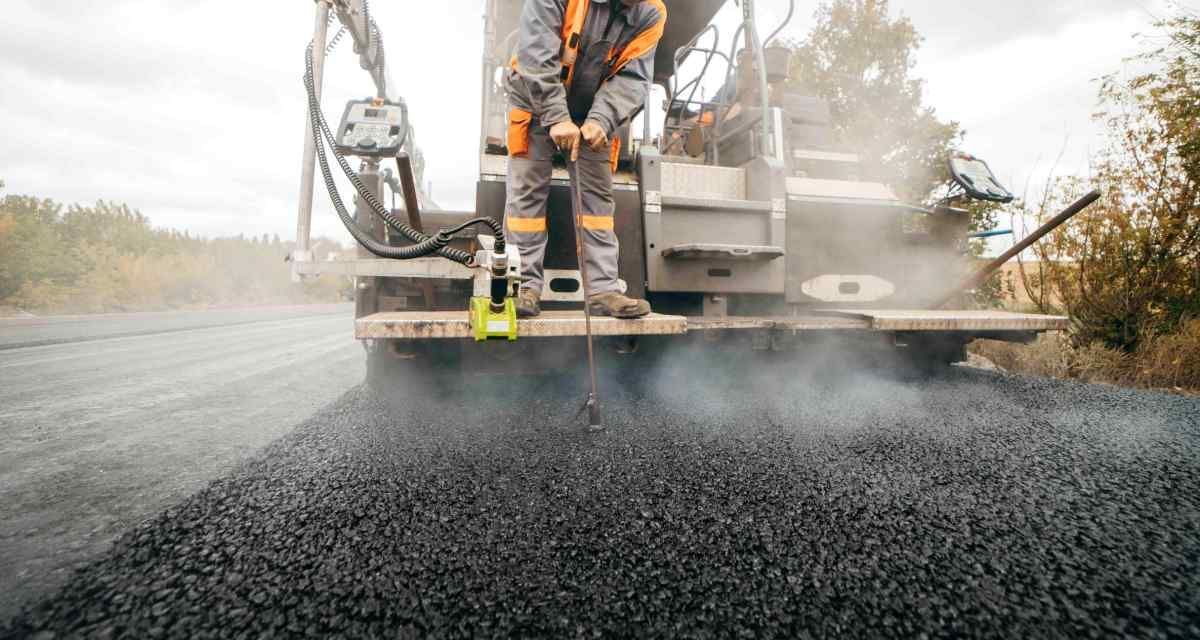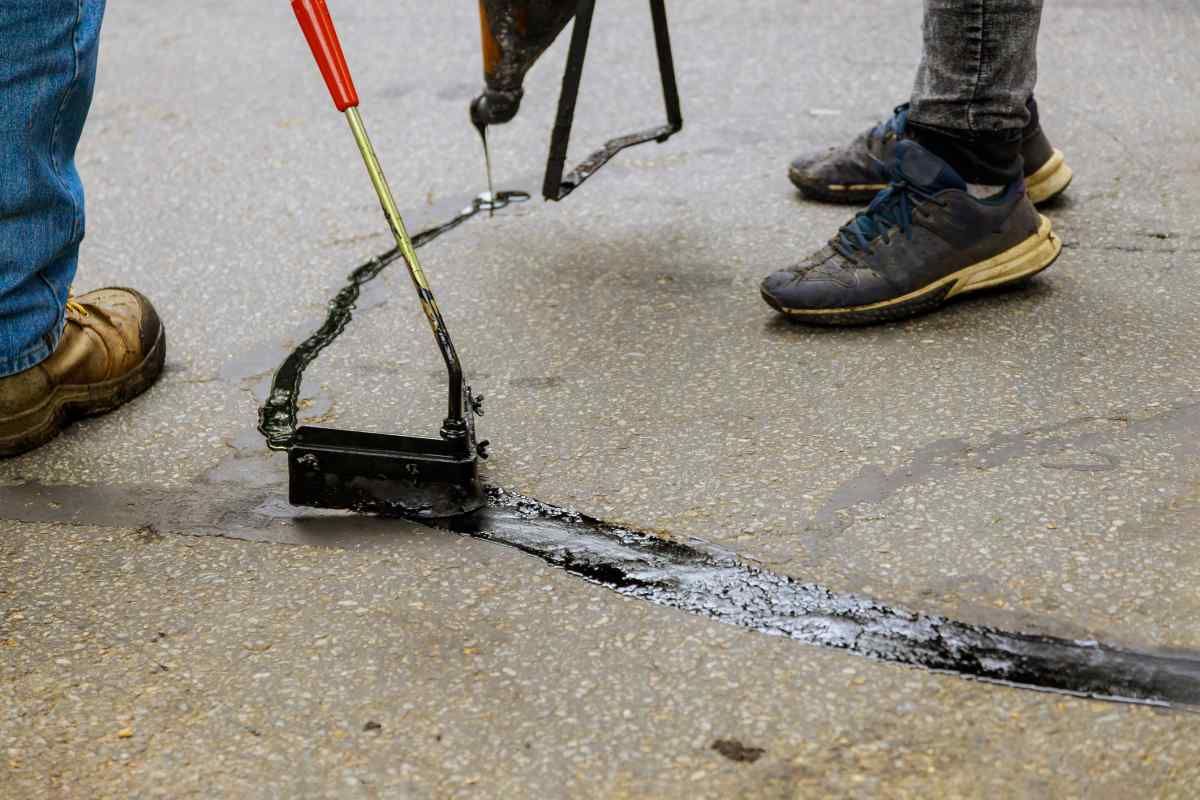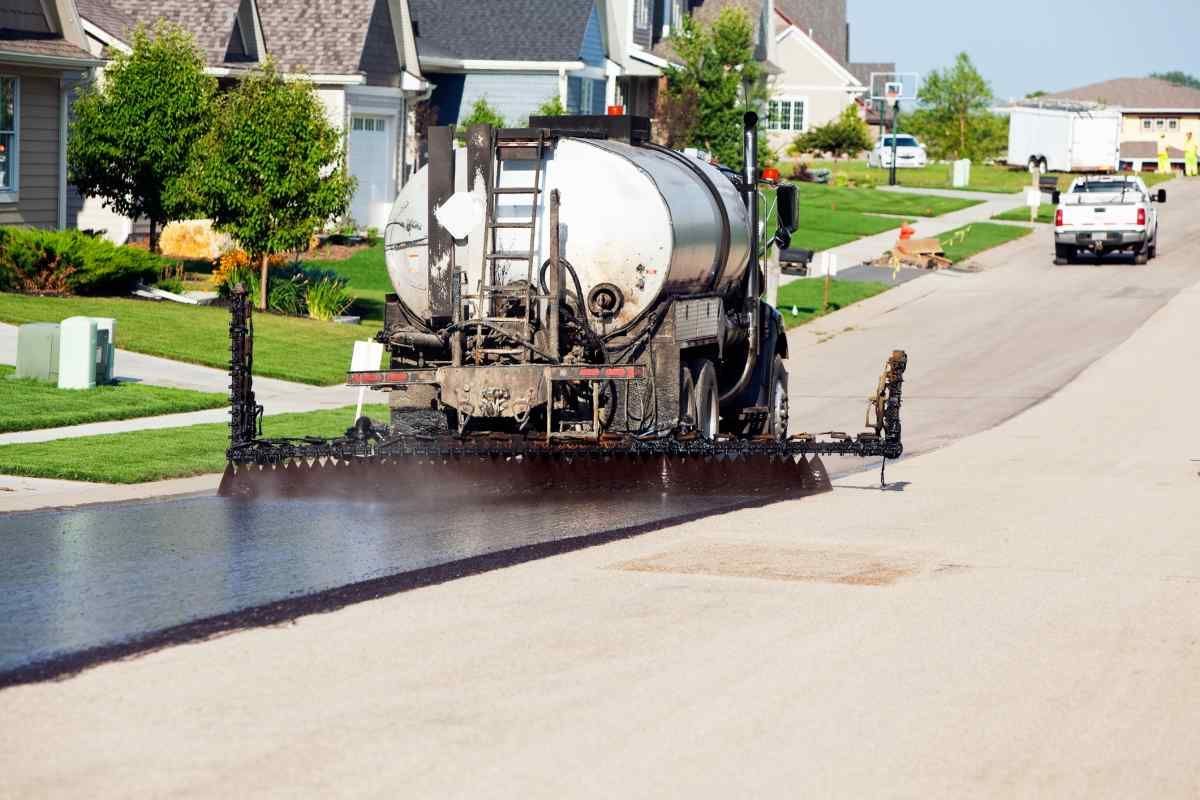What Are Asphalt Pavers and Benefits
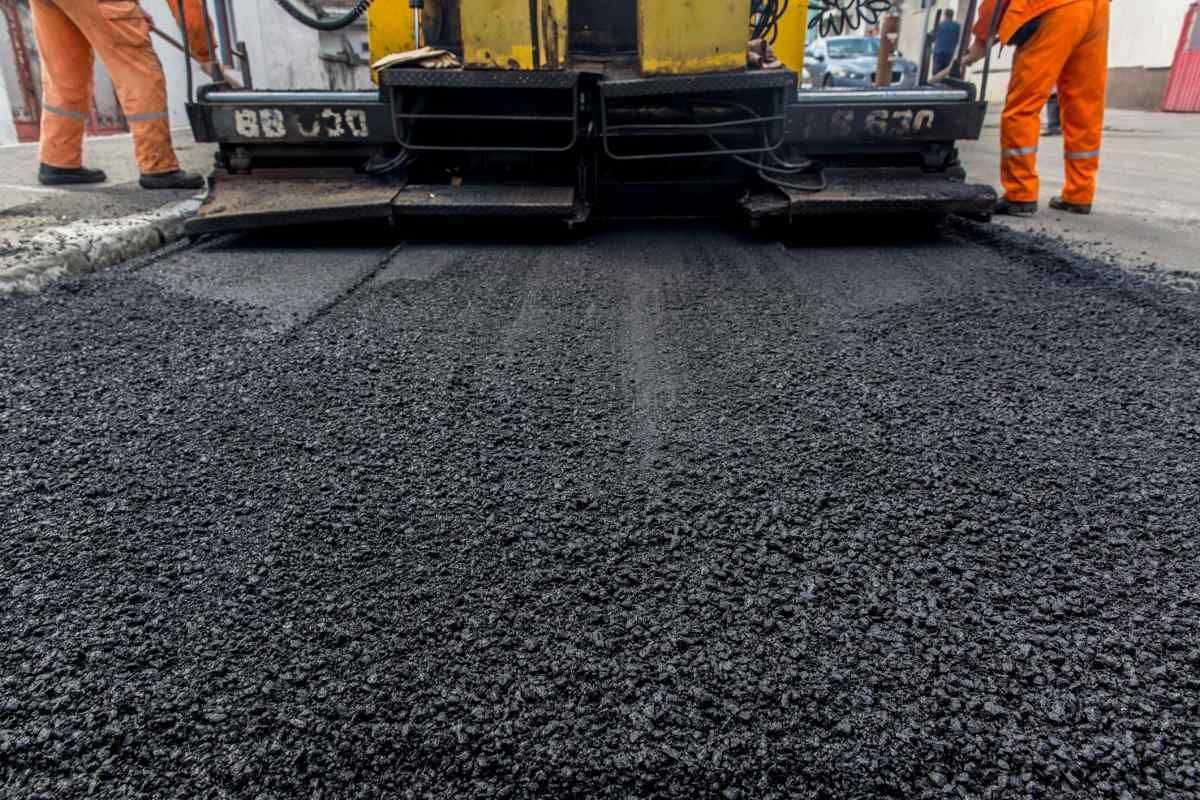
Asphalt pavers are vital in construction, laying asphalt for roads, parking lots, and other surfaces. They ensure smooth infrastructure development, favored for their benefits by contractors and engineers. Beyond asphalt application, they offer advantages enhancing surface quality, longevity, and sustainability. Understanding asphalt pavers' intricacies reveals their significance in modern construction.
Types of Asphalt Pavers
Various types of asphalt pavers suit specific construction needs. Selection hinges on understanding surface preparation requirements. Wheeled pavers suit maneuverable projects, like small to medium-sized ones. Tracked pavers offer stability and precision, ideal for highway construction. Choice depends on project size, terrain, and desired thickness. Surface preparation, including grading and compacting, is vital for a stable base, ensuring durable pavement.
How Asphalt Pavers Work
Asphalt pavers efficiently lay a uniform layer of asphalt mix by:
- Material Handling: Utilizing a conveyor system for continuous flow from truck to hopper.
- Paver Efficiency: The screed levels and compacts asphalt to desired thickness and density.
- Temperature Control: Advanced models have heating elements in the screed for precise mix temperature control.
- Paving Speed: Adjustable to match project needs for smooth and consistent application.
Advantages of Using Asphalt Pavers
Asphalt pavers offer durable, low-maintenance surfaces, enhancing aesthetics and safety for roads and driveways. Their smooth finish ensures longevity and requires minimal upkeep. Cost-effective installation makes them practical for construction projects, providing reliable, efficient solutions.
Durability of Asphalt
Asphalt pavers offer durable construction solutions due to their robustness:
- Weather Resilience: Resists rain, snow, and heat without damage.
- Crack Resistance: Flexibility prevents cracking from temperature changes and heavy loads.
- Low Maintenance: Requires minimal upkeep, reducing long-term expenses.
- Longevity: Well-made asphalt surfaces last for decades, providing reliable infrastructure for transportation and other needs.
Smooth Surface Finish
Asphalt's durability ensures longevity and smooth surface finish in construction. Asphalt pavers are crucial for achieving surface smoothness, vital for road quality and safety. They efficiently lay and compact asphalt, ensuring even surfaces without imperfections. This precision enhances aesthetics, reduces wear and tear, and improves road durability and performance, benefiting both vehicles and pedestrians.
Cost-Effective Installation
Asphalt pavers offer cost-effective solutions for construction projects:
- Cost Savings: Quick installation reduces labor costs.
- Efficient Process: Streamlined construction saves time/resources.
- Longevity: Durable surfaces require minimal maintenance, saving long-term costs.
- Environmental Impact: Recyclable asphalt reduces waste, promoting sustainability.
Key Features of Asphalt Pavers
Asphalt pavers boast vital features like paving width control for precise road surface creation. Material feeding systems ensure consistent asphalt flow, vital for paving efficiency. These features enhance overall performance and quality in construction projects.
Paving Width Control
Advanced technology integrates paving width control on asphalt pavers, ensuring precise material distribution. This technology manages asphalt layer width, enhancing surface smoothness. It allows on-the-go adjustments, reducing wastage, optimizing resources, and minimizing human error for higher-quality road construction.
Material Feeding System
Asphalt pavers rely on efficient material feeding systems to deliver asphalt mix consistently. Hot asphalt travels from trucks to hoppers, ensuring even distribution on roads. Well-designed systems maintain flow, temperature, and consistency, enhancing paving efficiency while reducing waste and ensuring quality and durability of the surface.
Maintenance Tips for Asphalt Pavers
To ensure optimal asphalt paver performance and longevity, follow these tips:
- Control Temperature: Adjust asphalt mix temperature for proper consistency, avoiding paving issues caused by extreme temperatures.
- Align Properly: Check and adjust screed and track alignment to ensure even paving, preventing uneven surfaces.
- Clean and Lubricate: Remove debris, excess asphalt, and lubricate moving parts regularly for smooth operation.
- Inspect Routinely: Check engine, hydraulics, electrical components, and structure regularly to prevent major breakdowns and costly repairs.
Environmental Benefits of Asphalt Pavers
Asphalt pavers enhance ecological sustainability by integrating green technology, reducing the industry's carbon footprint. They recycle existing materials, such as through cold/hot in-place recycling, lowering the need for new resources and energy consumption. This process reduces greenhouse gas emissions associated with traditional asphalt production. Additionally, they improve energy efficiency during construction, using advanced technologies like warm mix asphalt to lower production temperatures, thus cutting fuel consumption and emissions. The durability and smooth surface of asphalt pavements further decrease vehicle fuel consumption and air pollution, fostering a cleaner, more sustainable environment.
Frequently Asked Questions
-
Are There Any Specific Safety Precautions That Need to Be Taken When Operating an Asphalt Paver?
 Button
ButtonWhen operating an asphalt paver, specific safety precautions must be observed, including wearing appropriate personal protective equipment, ensuring all safety guards are in place, and following proper operating procedures. Regular equipment maintenance is essential for safe operation.
-
How Long Does It Typically Take to Lay Down a Certain Amount of Asphalt Using an Asphalt Paver?
 Button
ButtonTime efficiency in asphalt paving depends on factors like crew size, equipment capacity, and paving techniques. On average, laying down a certain amount of asphalt using an asphalt paver can range from a few hours to a full day.
-
Can Asphalt Pavers Be Used for Different Types of Projects, Such as Residential Driveways or Commercial Parking Lots?
 Button
ButtonAsphalt pavers are versatile machines capable of handling various projects, from residential driveways to large commercial parking lots. Their adaptability allows for precise and efficient laying of asphalt, making them suitable for a wide range of applications.
-
What Kind of Training or Qualifications Are Required to Operate an Asphalt Paver?
 Button
ButtonTo operate an asphalt paver, individuals must undergo a certification process that covers equipment maintenance, safety protocols, and operating techniques. This ensures proficiency in handling the machinery safely and effectively, meeting industry standards.
-
Are There Any Limitations to the Use of Asphalt Pavers in Certain Weather Conditions or Environments?
 Button
ButtonThere are limitations to using asphalt pavers in extreme weather conditions like heavy rain, extreme cold, or high humidity, affecting the quality of the asphalt. Environmental concerns include emissions and waste disposal. Regular maintenance is crucial for optimal performance.
Conclusion
In conclusion, asphalt pavers are essential equipment used in construction for laying asphalt on roads, parking lots, and other surfaces. They come in various types with specific features to meet different project requirements. The benefits of using asphalt pavers include efficiency, durability, and cost-effectiveness. Regular maintenance is crucial to ensure optimal performance and longevity of the equipment. Additionally, asphalt pavers offer environmental benefits by reducing waste and emissions during construction projects.
Let’s talk about your project
Request a free quote today.
We are not taking employment applications at this time.
No estamos tomando solicitudes de empleo en este momento.
We will get back to you as soon as possible.
Please try again later.

WHERE TO FIND US AREAS WE WERVE
950 N. Villa Ave.
Villa Park, IL 60181
sales@asphaltpavingpro.com
(630) 833-0850
Copyright © 2023 Asphalt Paving Professionals
Website design by Blue Ink Web LLC
